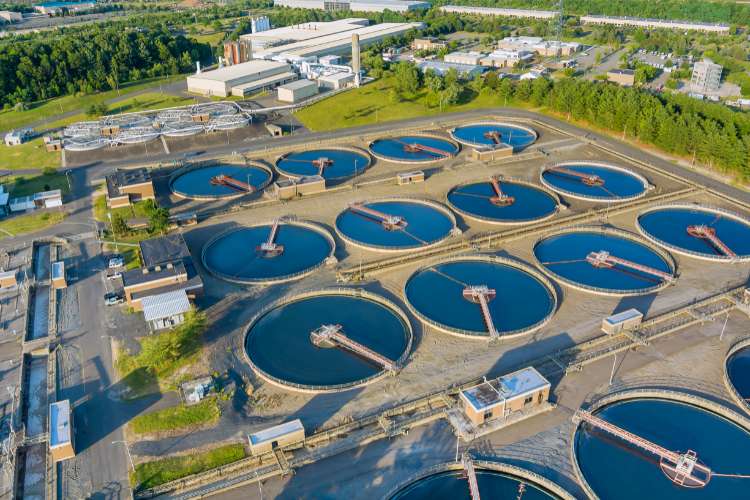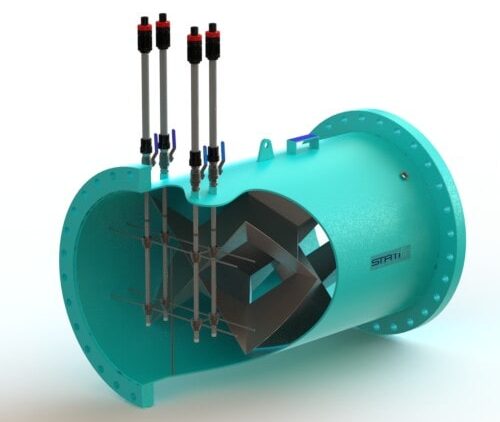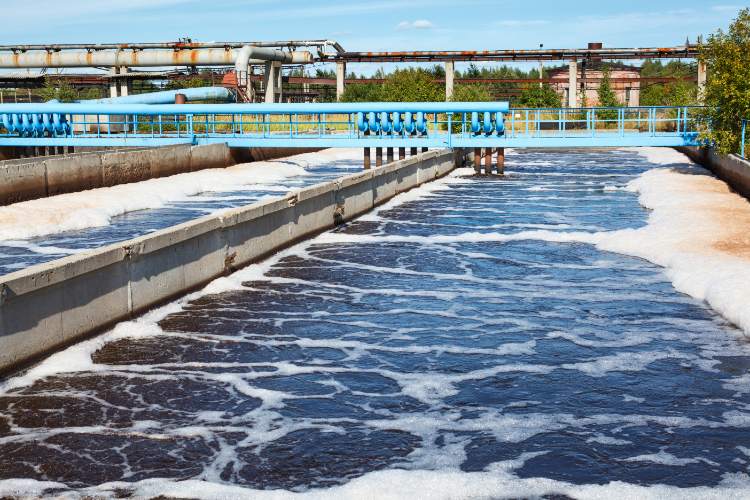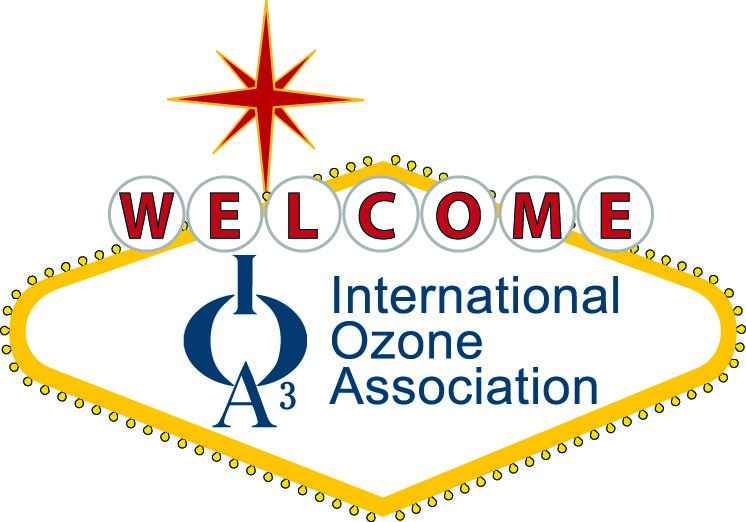Static Mixers Vs Dynamic Mixers: Which Is Right For Your Process? In many industrial applications,…

The Environmental Benefits Of Static Mixers In Wastewater Treatment
Wastewater treatment plants play a critical role in protecting public health and the environment by treating and removing pollutants from wastewater before it is discharged into public waterways. However, traditional treatment and mixing methods have their challenges, including high energy and chemical usage, and inefficient treatment outcomes. In this article, we will explore how static mixers can help enhance the environmental performance of wastewater treatment plants by improving treatment efficiency, reducing chemical usage, and improving water quality.
Reduced Chemical Usage
Wastewater treatment plants rely on chemical agents to remove impurities and potentially dangerous contaminants from wastewater. However, many of these chemicals and treatment products can cause environmental harm if not carefully dosed and managed. For example, an uncontrolled release of disinfectant by-products could damage local plant and animal life if it leached into the water table. Static mixers eliminate the need to overdose chemicals by mixing efficiently and yielding a higher mixture quality. Since static mixers deliver a more consistent and accurate distribution of treatment chemicals, they can ensure optimal performance throughout the plant, generating a high-quality effluent while reducing the volume of chemicals used.
Lower Energy Usage
Another environmental advantage of static mixers is lower energy usage. In the past, mechanical mixing was the standard method for mixing wastewater, if any mixing took place at all. This method required the use of external power sources that consumed significant amounts of energy, resulting in a considerable carbon footprint – as well as high operating costs. Static mixers are more efficient because they require no external power source, consume less power, and generate less air and noise pollution. They harness the fluid’s energy to mix its contents and do not require any moving components, thereby reducing energy usage, equipment lifetime maintenance costs, and environmental impact.
Improved Treatment Efficiency
Treatment efficiency is a critical aspect of a wastewater treatment plant’s performance. Static mixers help to evenly distribute chemicals and other treatment agents throughout wastewater, which can improve treatment efficiency and reduce the amount of treatment agents needed. By evenly distributing treatment agents throughout wastewater, static mixers can ensure efficient full contact between these agents and wastewater, resulting in faster and more thorough reactions, which means better-treated effluent and lower operational costs for the wastewater treatment plant.
Enhanced Water Quality
A wastewater treatment plant’s primary objective is to remove impurities and contaminants from wastewater, as untreated wastewater can be hazardous to aquatic ecosystems and the environment. Static mixers can help strip out a wide variety of impurities and contaminants from wastewater, resulting in enhanced water quality. Static mixers can help protect aquatic ecosystems, reduce harm to wildlife, prevent waterborne diseases, and support sustainable access to wastewater sources, ultimately protecting public health.
Wastewater Treatment Solutions From Statiflo
Our range of Statiflo wastewater static mixers are easy to install and maintain, making them a versatile and cost-effective solution for wastewater treatment facilities. The mixers are also highly adaptable to a variety of wastewater treatment applications, including Phosphorus removal (P-removal), coagulation, flocculation, and disinfection. To find out more about our products and how we can help, please get in touch today.
Image Source: Canva





